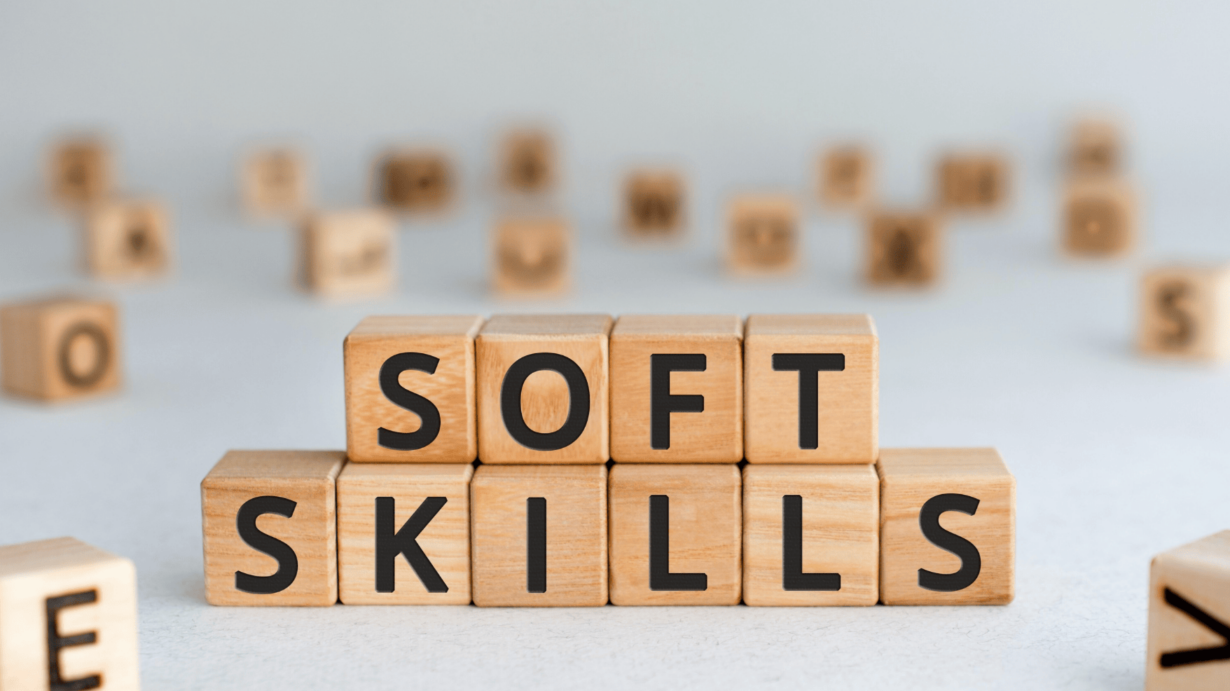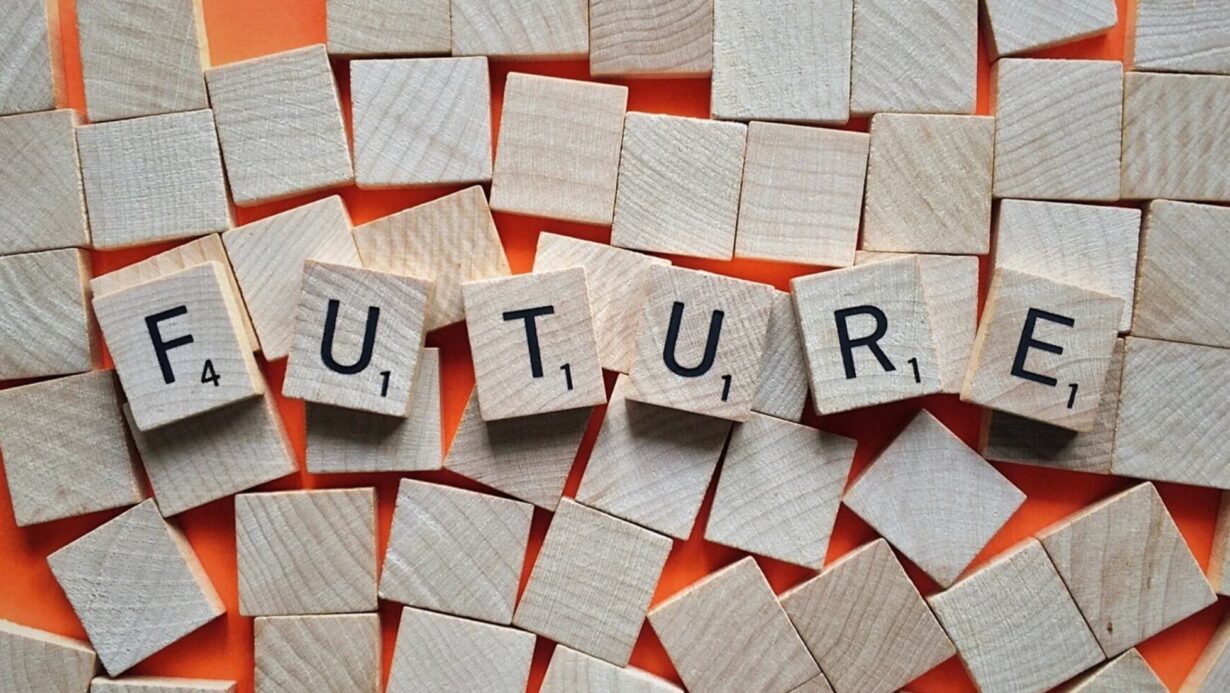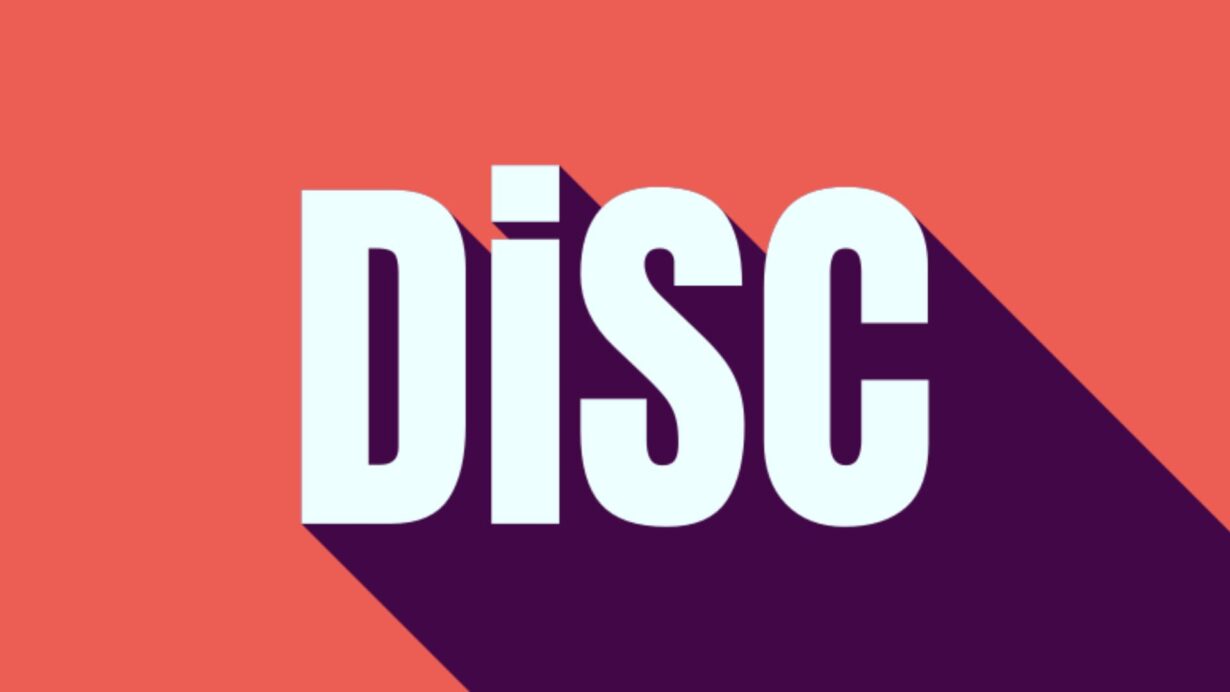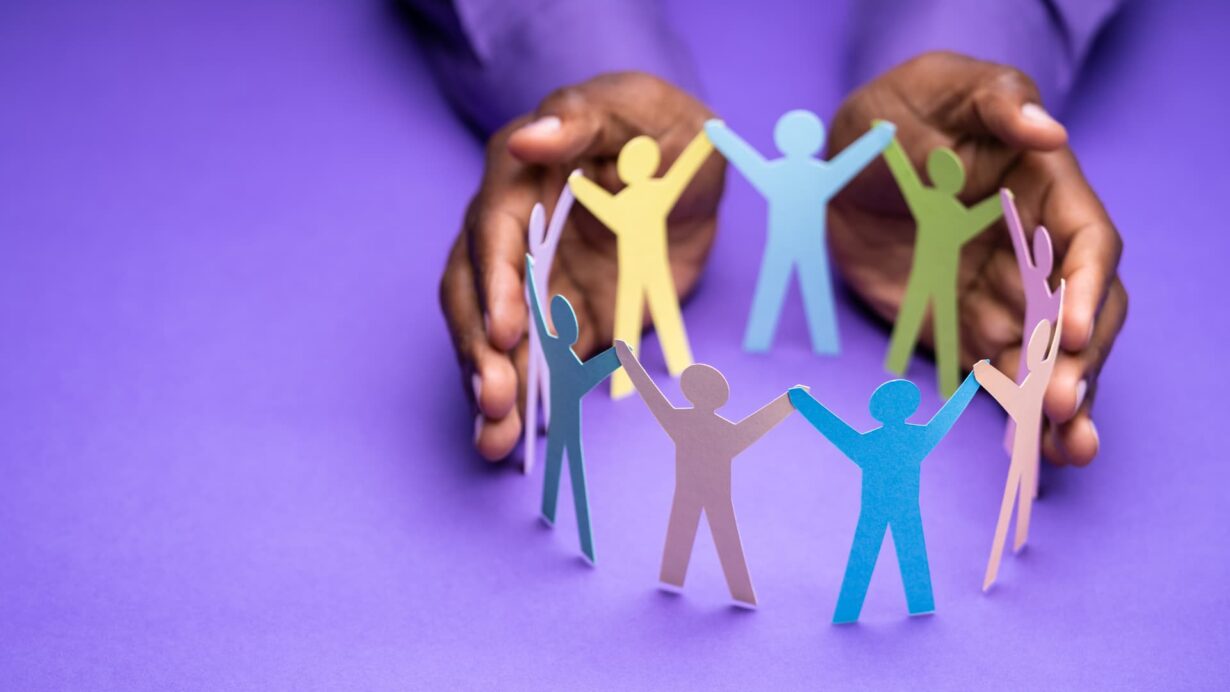First-principle thinking offers a refreshing—and often revolutionary—approach to problem-solving. Popularised by visionaries like Jeff Bezos, this mental model challenges us to strip problems down to their most fundamental truths and build up solutions from scratch. But what exactly is first-principle thinking, and why is it so powerful? What Is First-Principle Thinking? First-principle thinking is a way of reasoning that starts …
Develop Leadership That Moves the Needle in 2025
In boardrooms around the world, strategy decks are full of bold ambitions — growth, innovation, and transformation. But here’s the uncomfortable truth: none of those goals are achievable without strong, future-ready leaders. And right now, we’re facing a leadership gap that organisations can’t afford to ignore. According to a 2024 McKinsey report, only 11% of organisations believe their leadership bench …
Emphasis on Soft Skills Development in the Modern Workplace
In today’s fast-evolving work environment, technical expertise is no longer the sole differentiator of success. While hard skills like coding, data analysis, or machinery operation remain important, organisations are increasingly recognising that soft skills—such as communication, problem-solving, emotional intelligence, and adaptability—are just as essential. As industries face unprecedented disruption, human-centric capabilities are proving to be the glue that binds teams, …
HR’s Challenges and Opportunities: Preparing the Workforce for 2030
HR leaders are scrambling to meet the challenges and opportunities of a rapidly changing workplace. Skills gaps and talent shortages are already acute, and they’re projected to worsen by 2030. For example, the World Economic Forum reports that nearly 40% of the skills needed on the job will change in the coming decade, and 63% of employers cite skills gaps as their …
4 Reasons that Investing in your Employees is Strategic
Investing in employees is no longer optional – it’s strategic. Today’s leaders recognise that skilled, engaged people are the fuel for innovation and growth. When organisations prioritise training, career development, and a supportive culture, they see measurable payoffs. Research shows that focusing on employees boosts performance, productivity, morale and quality of work – while cutting turnover and other costly problems …
Problem-Solving and Innovation: The Key to Progress by 2030
Organisations today face rapidly changing markets and technology disruptions. To thrive, companies must cultivate a systematic approach to problem-solving and a culture of innovation. Recent research emphasises that leaders play a critical role in this shift: rather than simply delegating learning to training departments, leaders should become learning facilitators who frame challenges as opportunities to build skills ( Leaders’ Critical …
Bridge Skill Gaps: Build Stronger Teams for the Future of Work 2025
Skill gaps – the greatest barrier to business transformation in the leading years to 2030. The biggest myth in business today? That AI is something on the horizon. The reality is that AI is already here, and it’s already reshaping industries, roles, and skill demands globally. The presence of Ai has also highlighted the need for something else, more human …
Relationship Building: The Most In-Demand Skill for 2025
Relationship Building and people skills reign again for LinkedIn’s breakdown of the most in-demand skills of 2025. We know that high-quality relationships at all levels support increased job performance, but why? It’s the quintessential human element of understanding and authenticity that drives trust, purpose and connection. As AI continues to automate and dominate specific tasks, so too does the need …
DISC: How to Create Intelligent Teams
Using DISC to Develop Intelligent Teams In today’s dynamic workplace, team intelligence goes beyond individual IQs. Emotional intelligence, adaptability, and collaboration are the real markers of high-performing teams. One powerful tool organisations are using to cultivate these traits is the DISC personality model. What is DISC? DISC is a behavioural assessment tool that categorises personality traits into four main styles: …
A Guide to Diverse Thinking: Solve Complex Problems Quickly
We can all agree that putting political correctness above safety and the capacity to do one’s job is not acceptable. So when experts talk about diversity in the workplace, what exactly do they mean? Let me introduce you to collective intelligence and the role that diverse thinking has to play in it. Collective intelligence refers to shared group intelligence, meaning …
- Page 1 of 2
- 1
- 2










